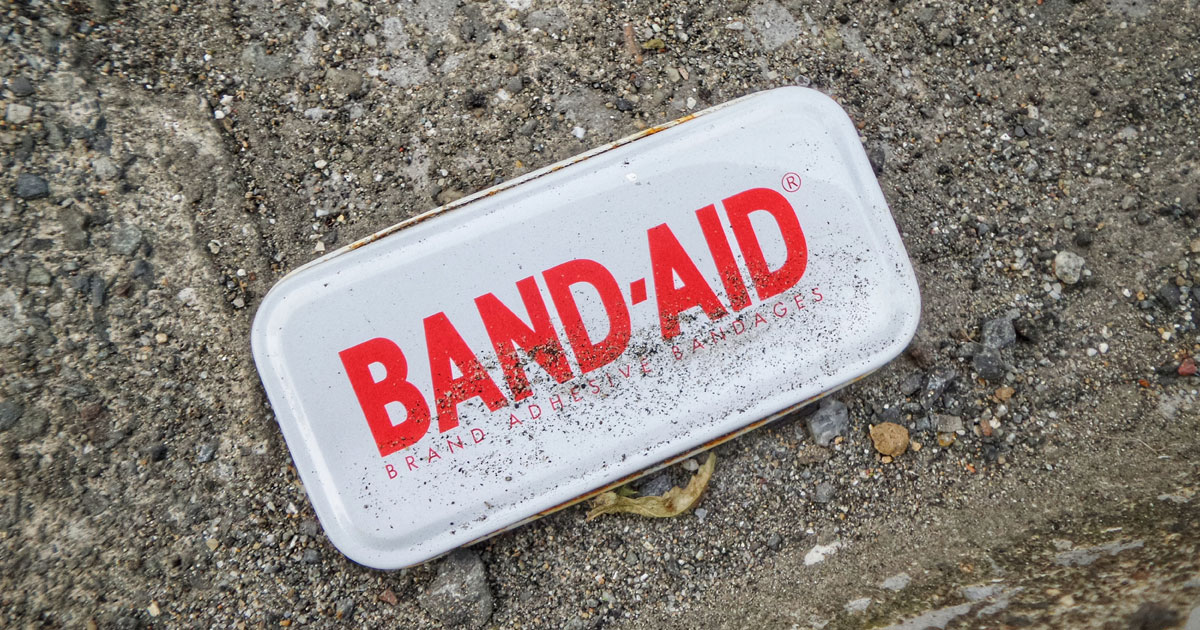
An Guide to Understanding Criminal Law
By The Elements: Defining Criminal Law
Criminal Law, as opposed to Civil Law, is a system of law focusing on punishing those who commit criminal acts. In most cases, legislative statutes establish criminal acts and their punishments. However, Criminal Law varies based on jurisdiction.
Generally, there are four main aspects, or elements, of common law-based Criminal Law that must be proven to convict a defendant of an alleged crime.
- Actus Reus, Latin for “guilty act,” is the objective, external element of a crime. In most cases, there needs to be an “act” for there to be a crime. Generally speaking, an act is any voluntary or involuntary bodily movement. Commission, omission, and possession are all forms of “acts.” However, to prove actus reus, the defendant must voluntarily engage in the act.
- Mens Rea, Latin for “guilty mind.” Mens Rea is the mental element of a crime. It is almost always necessary to prove a person’s intent to commit a crime to establish liability. “Strict liability cases” like those involving negligence are the exception to the rule. Generally, a defendant is only held liable for crimes committed with mens rea. That is to say, the defendant either intentionally committed the crime or knowingly acting in a way that resulted in a crime.
- Concurrence requires the occurrence of both actus reus and mens rea. In Criminal Law, concurrence means that both the intent of a crime and voluntary criminal act must both be present and proven. Temporal Concurrence is when both actus reus and mens rea coincide. Motivational Concurrence is when mens rea occurs first, subsequently motivating the actus reus.
- Causation is proof of a causal relationship between the act and the resulting crime. However, causation alone does not create liability. In fact, causation isn’t possible for Inchoate Offenses, which are intended-yet-incompleted criminal acts.
Types of Criminal Law & Offenses
There are two main types of Criminal Law. These types are felony and misdemeanor.
- Felony, within common-law countries, is a severe criminal offense. These crimes, as defined by The United States, are punishable by death or imprisonment for more than one year. Some felony crimes include murder, manslaughter, arson, burglary, battery, aggravated assault, tax evasion, fraud, kidnapping, blackmail, forgery, obstruction of justice, treason, and more.
- Misdemeanor offenses are considered low seriousness crimes punishable to a lesser degree than felony charges. The punishment for misdemeanors ranges from fines and loss of privileges up to a year in prison. Misdemeanor offenses include public intoxication, reckless driving, disorderly conduct, vandalism, petty theft, simple assault, trespassing, and more.
- Other types of Criminal Law include infractions, violations, minor/petty offenses, and regulatory offenses.
Criminal Law sets out to prove criminal liability dole out the appropriate punishment. The types of criminal offenses seem to be limitless in range and scope. However, Justia suggests that we can divide criminal offenses into five broad categories.
- Personal Crimes are criminal offenses resulting in the harm of another individual.
- Property Crimes are criminal offenses involving the interference of another’s property.
- Inchoate Crimes are intended or initiated criminal acts that were never completed or only assisted in the commision of another crime.
- Statutory Crimes are specifically crimes proscribed by a legislative statute. Generally, these statutes are deterrents for crimes related to alcohol, drugs, traffic, or other societal issues.
- Financial Crimes are also considered “white-collar” crimes. These money-related crimes often include embezzlement, fraud, blackmail, tax evasion, and other deceptive crimes that result in financial gain.
If you are looking for more information on understanding criminal law or are looking for criminal lawyers in St. Charles, be sure to contact Suddarth and Koor for your free consultation today!



